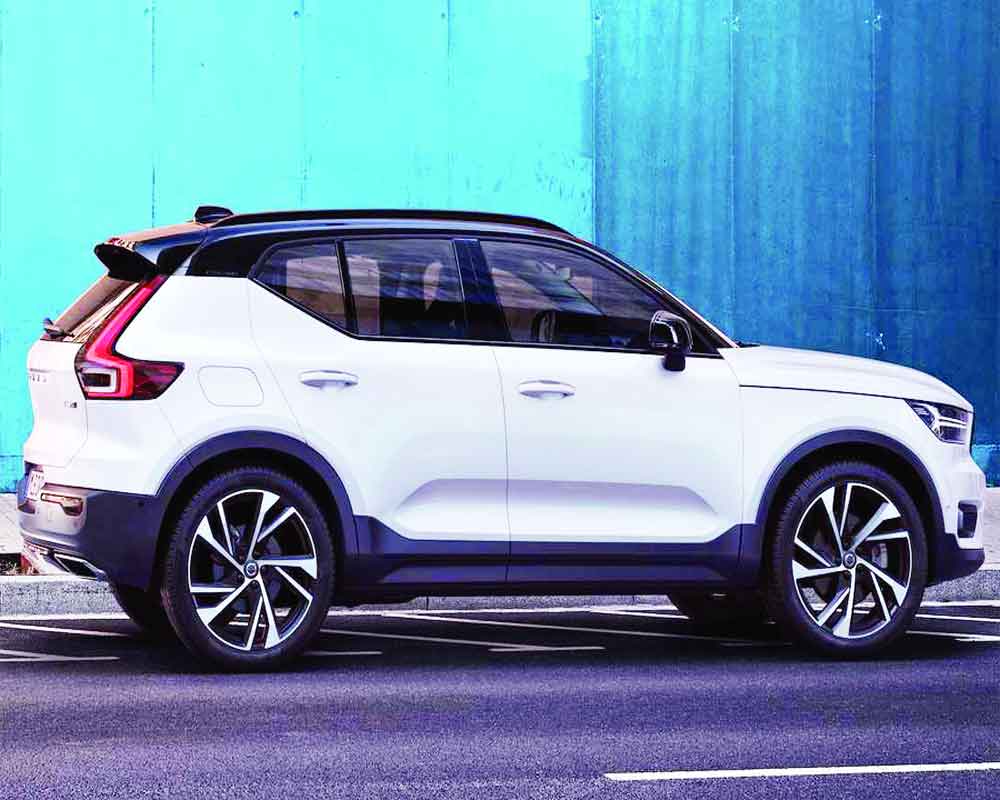Most of the major car launches in 2019 have been Sports Utility Vehicles. What explains the love for them?
Over the past few months, there have been quite a few major vehicle launches by the Indian automotive industry despite the dramatic decline in sales. Some of these new car models have established themselves in the market but just look at them. Mahindra’s rather nice XUV300, then Hyundai’s new Venue, followed by the first major Chinese manufacturer to enter the Indian market with the MG Hector and in the coming days, the launch of the Kia Seltos. See a common thread? These cars are all Sports Utility Vehicles, and as I said a few months ago, the copywriter who came up with the term must be laughing all the way to the bank, because SUVs are (usually, with some expensive exceptions) not sporty, definitely not in the sub-20 lakh price segment. And they are not really utilitarian. Sure, the two-box body style is useful when you want to transport some big items. But you could conversely ask why estate-cars never did well if that was such an important buying criterion.
SUVs are popular for possibly the sole reason that people sit high up and that makes us feel a bit safer, particularly with the chaos on the roads around us. The love for SUVs, therefore, is psychological rather than practical. The argument that the higher ground clearance will help in navigating rough roads is a bit facile since some sedans and hatchbacks have reasonably high ground clearances as well. One reason the fascination with SUVs looks odd to me is that they’re not half as much fun to drive as lower-set sedans and hatchbacks as they take up more space, are heavier and consequently burn more fuel. One reason for the SUV rush of the last decade in India, in particular, has been because of the ultra-economical diesel engines. But even in the United States and China, the two largest automotive markets in the world, where petrol-powered cars dominate, SUVs have been extremely popular as well. This is not just an Indian thing after all. And manufacturers are shifting more and more resources to SUVs and it is telling that the first long-range electric car launched in India was, you guess it, a SUV.
What is wrong with SUVs? Frankly, nothing much. But I am not a fan of “soft road” cars. Most SUVs, particularly smaller ones, are nothing more than hatchbacks or vans on stilts. And despite excellent engineering work, SUVs still do tend to roll a bit and do not have what you would call excellent handling. Take the Honda Civic and CR-V for example; why one would want to buy the SUV over the excellent sedan is mind-boggling, unless you really, really needed that third row. And it is the same case across manufacturers but they themselves have realised they’re onto a good thing. Minimal modifications to the platform and suspension set-up of a sedan and a different body means you can price the same essential car for 20-30 per cent more — case in point the Hyundai Verna and Hyundai Creta. The Verna is much nicer to drive, looks better and as it’s both a long-distance highway cruiser and an urban commuter, it makes more sense than the Creta even before you compare the prices. Same engines, same transmissions, same everything. But the Creta is Hyundai’s money-maker.
But then again, who am I to question what people like to buy? In times as rough as these for the automotive industry, whatever sells is a good thing. But may be it is time that people who buy cars begin to realise that SUVs are not really all that they’re hyped up to be.


























